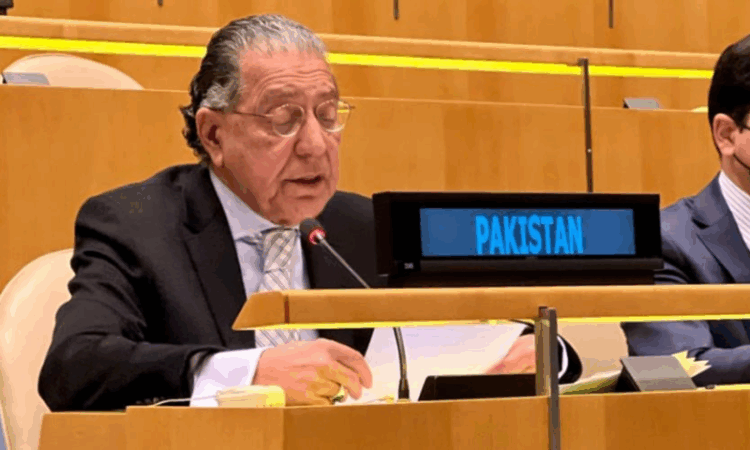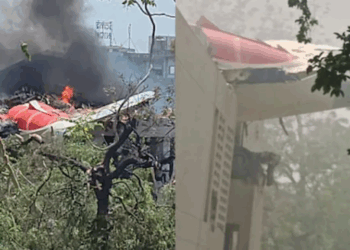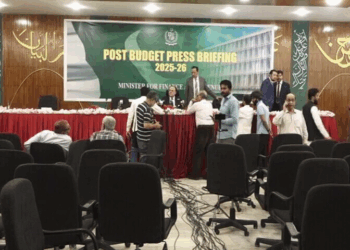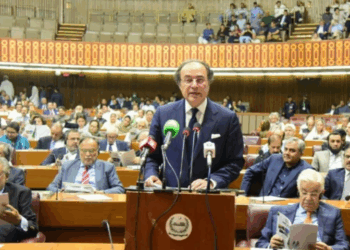New York, June 4, 2025: In a notable diplomatic achievement, Pakistan has been elected as vice-chair of the United Nations Security Council’s (UNSC) Counter-Terrorism Committee for 2025. Additionally, Pakistan will chair the UNSC’s 1988 Taliban Sanctions Committee, further strengthening its role in global counterterrorism and regional peace efforts.
The appointments come amid heightened diplomatic engagement following recent tensions with India over the Pahalgam incident. A high-level parliamentary delegation led by former Foreign Minister Bilawal Bhutto Zardari recently visited the United Nations Headquarters in New York. The visit, which occurred after a ceasefire was brokered through U.S. President Donald Trump’s intervention, sought to present Pakistan’s stance on regional developments.
During the visit, the Pakistani delegation emphasized adherence to international law and urged peaceful coexistence with neighboring countries. Meetings were held with UN Secretary-General António Guterres, the President of the General Assembly, members of the Security Council, OIC ambassadors, civil society representatives, media personnel, and the Pakistani diaspora.
Pakistan highlighted its concerns regarding India’s actions in Indian Illegally Occupied Jammu and Kashmir (IIOJK), accusing New Delhi of violating the UN Charter and international humanitarian law. The delegation also firmly rejected Indian allegations linking Pakistan to the April 22 attack in Pahalgam, citing a lack of credible evidence.
According to the updated list of UNSC subsidiary body chairs, Algeria will lead the 1373 Counter-Terrorism Committee, with France, Pakistan, and Russia serving as vice-chairs. Denmark has been appointed chair of the 1267 ISIL (Da’esh) and Al-Qaida Sanctions Committee, supported by Russia and Sierra Leone as vice-chairs. Pakistan’s leadership of the 1988 Taliban Sanctions Committee will be complemented by Guyana and Russia as vice-chairs.
The 1988 Committee plays a key role in overseeing sanctions, including asset freezes, travel bans, and arms embargoes, targeting Taliban-linked entities that threaten peace and stability in Afghanistan.
These roles underscore Pakistan’s expanding influence within the UN system, particularly in shaping global counterterrorism frameworks and contributing to regional stability.
In related developments, five new countries—Bahrain, the Democratic Republic of the Congo, Liberia, Latvia, and Colombia—have been elected to the UNSC as non-permanent members for the 2026–2027 term.
Pakistan’s own election as a non-permanent member for the 2025–2026 term was confirmed last year when it secured 182 out of 193 votes in the General Assembly—well above the two-thirds majority threshold of 124.
The UNSC comprises 15 members: five permanent members—China, France, Russia, the United Kingdom, and the United States—with veto power, and ten non-permanent members elected for staggered two-year terms. Current non-permanent members include Algeria, Denmark, Greece, Guyana, Pakistan, Panama, South Korea, Sierra Leone, Slovenia, and Somalia.
Elections to the Security Council are conducted annually through a secret ballot, with seats allocated based on regional representation.








